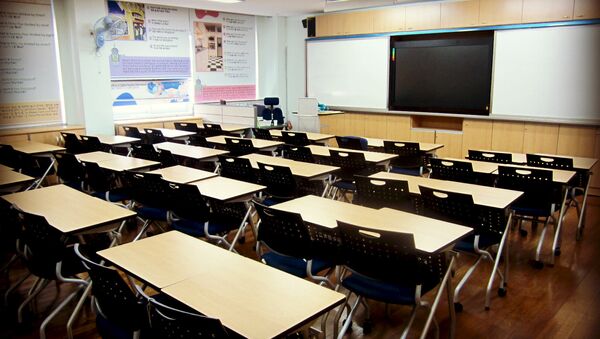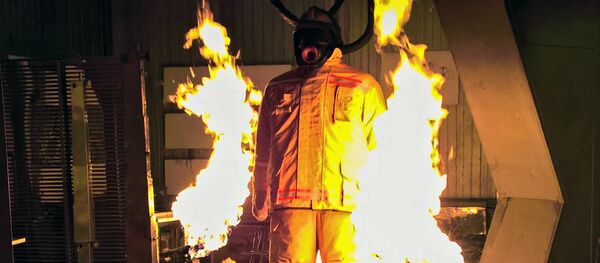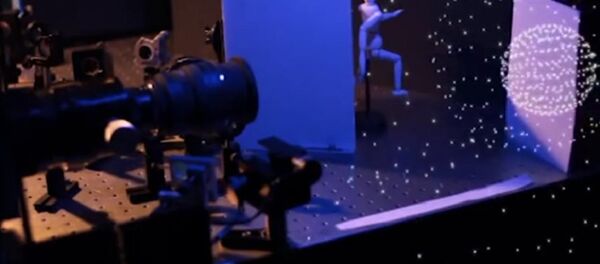According to Tatyana Stukalova, it is also necessary to correctly select journals for publication and be at home with bibliometric tools.
MEPhI recently hosted the international scientific conference, "Communication in Multicultural Society."
Stukalova was interviewed by RIA Novosti's Yulia Osipova.
Speaking at the conference, you highlighted the need to enhance the publishing activity of researchers and professors. Who needs this and why?
Tatyana Stukalova: This issue is particularly relevant for Russian universities because publications and citation indices are major indicators in the process of achieving global ratings. Various mechanisms are used to enhance publication activity.
Many universities expect applicants for research and teaching positions to have publications in journals indexed in the Web of Science and Scopus databanks. What is important is not only the number of publications but also the quality of the journals themselves.
Obviously, the range of teachers' competencies today is expanding. It is no longer enough to just be a good teacher and write research papers. It is also necessary to correctly select journals for publication, use information and library services and citation databases and be at home with bibliometric tools.
Isn't that a bit too much to expect from teachers? They are supposed to be good teachers, scientists, administrators and PR managers, and also develop training plans, pursue research projects and follow Hirsch indexes.
Foreign scientists spend most of their time on writing articles and reports, and far less time on research experiments or processing the results of their research. Russian scientists, however, do more scientific research but write much less, rarely bringing the research projects to their logical conclusion — i.e. the publishing of the results in a reputable scientific periodical.
Experience shows that many researchers and teachers are not proficient enough in the use of bibliometric instruments. In fact, this applies to all participants in the educational process, including undergraduates in their final years of study, and graduate and postgraduate students. All of them should in some way or the other be involved in this process and have a minimum level of knowledge and skills in scientometrics.
What does this minimum level include?
Tatyana Stukalova: The most well-known indicators are the Hirsch index (h-index), journal impact factor, average weighted or aggregate impact factor for journals where articles are published, and citation indices.
Typically, a set of articles by an organization or a scientist published over a certain period of time, the so-called publication window, is analyzed. The time interval, or citation window, is equally important.
It is not tough to learn all of this… There is even a special discipline at MEPhI, called the Engineering University Teacher's Information Environment, which gives graduate students an idea about the methods of working with specialized information resources (SciVal and InCites as Scopus and Web of Science add-ons) and acquire tools for the comparative analysis of research activity. The program includes the fundamentals of Academic Writing, taking into account international standards in the field. A similar discipline will shortly be introduced for all students.
Who is the MEPhI champion in publication activity?
Tatyana Stukalova: One of the leading authors in terms of the number and quality of publications is Nikolai Kudryashov, MEPhI pro-rector and head of the Applied Mathematics Department. He has 10-15 publications (excluding co-authorship) per year in top-rated journals in the field.
There are many scientists with high publication activity indexes at our university, as is evident from its positions on international university rankings. Our goal is to get inactive researchers, teachers and graduate students who do not have such experience involved in the publication process. This mostly applies to researchers in social sciences — philosophy, sociology, history and linguistics.
Aren't these the departments that write the most?
Tatyana Stukalova: Yes, but they write in Russian. The specifics of these disciplines are that they have a problem integrating into the English-speaking scientific world. Of course, there are Russian-language social sciences journals, for example, Voprosy Psikhologii [Psychology Studies] and Rossiiskaya Istoria [Russian History], among others, but it is difficult to get published there, as these are Academy of Sciences publications. It is important to look for other opportunities, for example, expand cooperation with foreign universities in social science research.
Recently, international rating agencies changed university ranking methodology and now exclude publications with the number of authors over 1,000 or the number of organizations over 10. What is your opinion in this regard?
Tatyana Stukalova: Negative. This excludes all articles prepared in collaboration with our foreign colleagues as part of mega-science experiments. It is important to remember that participation in collaborations for a university can be either at a level of one scientist working part time or 20 full-time scientists. The latter is precisely our scenario. For example, the team of authors of articles written as part of the ATLAS experiment (one of the four main experiments at the LHC collider at CERN) includes 15-20 MEPhI research associates.





